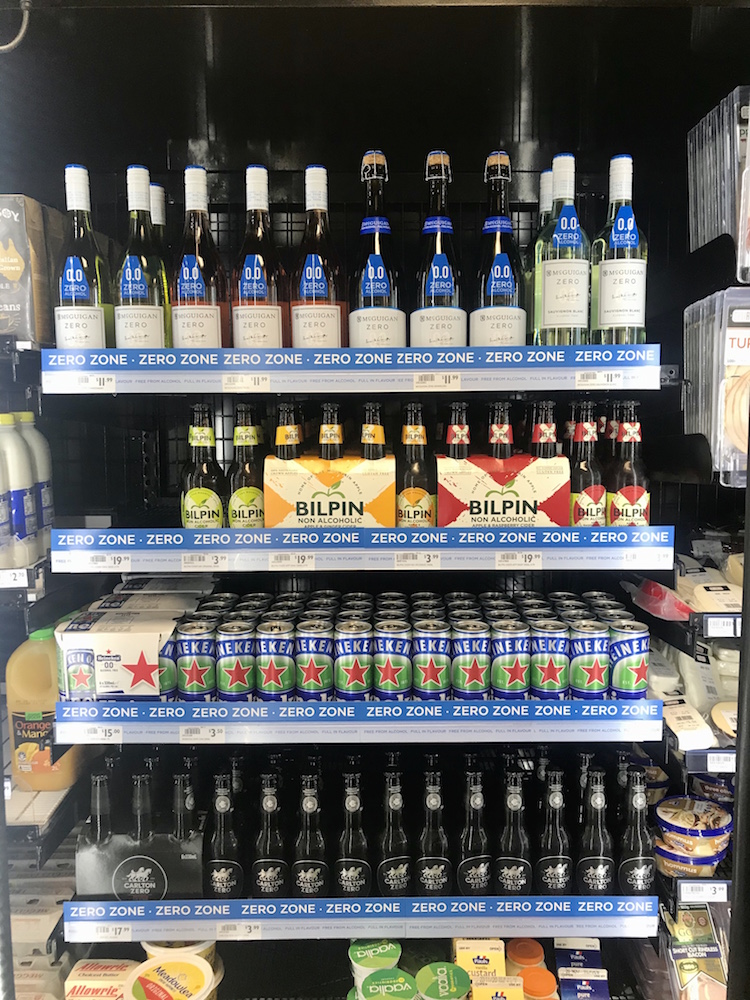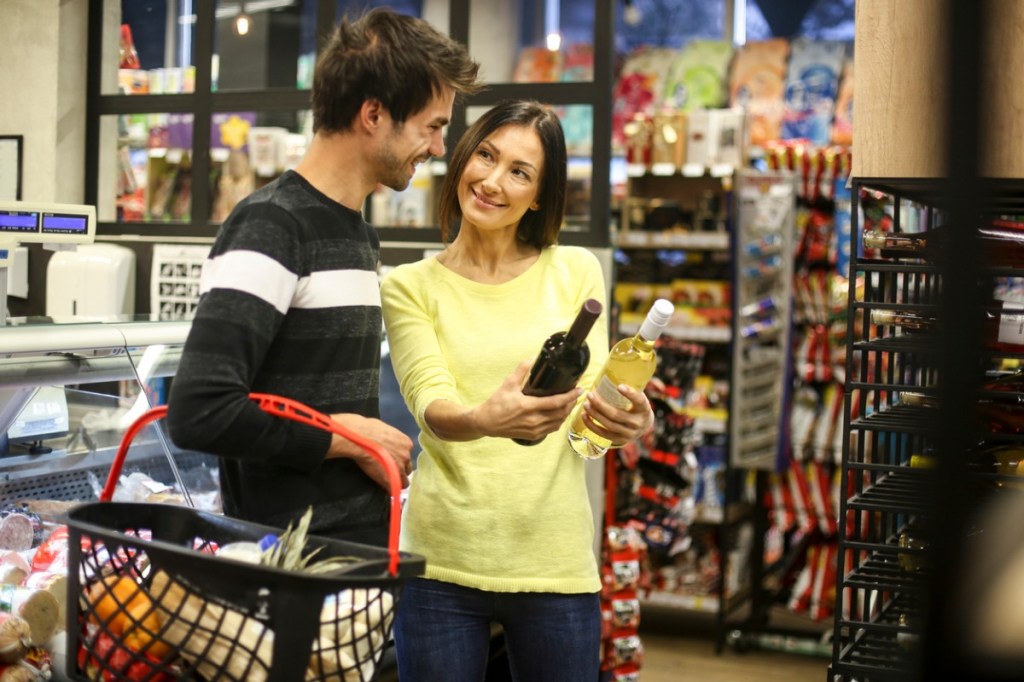BP at Botany has installed a ‘zero alcohol zone’ in its retail outlet, as a first step in what Managing Director Ben Dunn hopes will re-start the conversation around convenience stores selling alcohol.
According to Mr Dunn, who is MD of The Dunn Group and owner of BP Botany and several other petrol stations across Sydney and the Blue Mountains, cigarette sales used to make up 35 per cent of total shop sales for some retailers.
And while there is no disputing that Australia’s goal of becoming a smoke-free nation is an admirable cause, these convenience retailers are businesspeople and need to find a way to fill that significant gap in their declining sales and profit margins.
The conversation around selling alcohol in convenience stores has been ongoing for many years, and as recently as August this year, Jeff Rogut the CEO of Australasian Association of Convenience Stores (AACS), had restarted the conversation.
“Convenience store operators are proven responsible retailers. We sell age-restricted products such as tobacco and lottery tickets and, with the appropriate training in place, we can safely and responsibly sell packaged alcohol too, as convenience stores around the world do,” said Rogut at the time.
“We do not propose to sell alcohol 24 hours a day, and would instead observe the trading hours that other retailers in local areas follow. Our staff would be fully trained in accordance with the responsible service of alcohol. We have offered to make separate areas in our stores available for alcohol purchases,” he continued.
Convenience stores and petrol stations already operate with compliance in the sale of cigarettes and with lottery. And Dunn says that his staff will also be conducting compulsory ID checks for anybody who looks under the age of 25 when it comes to the zero alcohol products he is selling.
Dunn’s zero alcohol zones include Heineken Zero, Carlton Zero and five lines of McGuigan Zero Alcohol wines. The ultimate goal with regards to alcoholic drinks isn’t to sell spirits or cases of beer, just single bottles and four or six-packs that a customer can conveniently grab when they’d otherwise be stopping just to quickly grab petrol or bread and milk on the way home.
”It’s just about convenience and being in the right place at the right time,” says Dunn.
“The government needs to step in and help convenience retailers when cigarette sales used to make up 35 per cent of their business. As that number declines, we need a new category that we can put in to fill that void. It needs to be the same as the rest of the world, and that is packaged alcohol,” he says.
“The idea of doing the zero alcohol zone is that we can test and see if it will get some traction, and get some media. Then we can look to the next step, and the next step is that the big oil companies, like 7-Eleven, BP and Ampol can say, ‘you know what, it is time. Because we do it in Europe, why aren’t we doing it here?’ We’ve all been too scared to touch it. Now is the time we should be doing it.”


